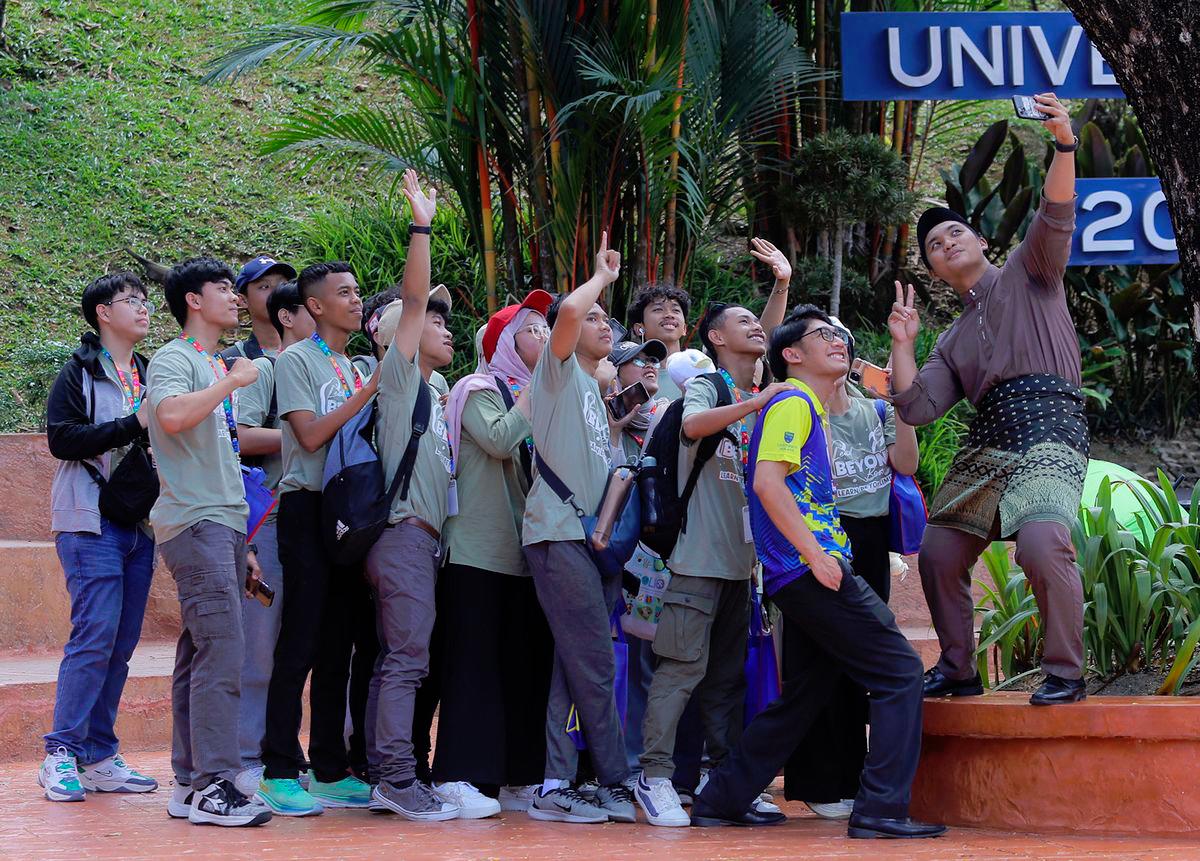PETALING JAYA: Religious extremism is quietly seeping into university spaces through digital narratives aimed at influencing impressionable minds, according to Universiti Islam Selangor Faculty of Islamic Civilisation Studies associate professor Dr Mariam Abd Majid.
“Young people are in a phase of searching for identity and meaning. Extremist groups know this and exploit it by wrapping their messages in what looks like intellectual or religious reform,” she told theSun.
She said social media platforms such as YouTube, TikTok, Telegram and Discord have enabled radical ideologies to spread beyond public scrutiny.
“They use short, emotionally charged content that feels convincing because it mimics academic arguments. But it’s a distortion,” she explained.
Mariam warned that some students gradually disengage from campus activities and adopt more rigid, fringe perspectives.
“They start idolising controversial preachers, criticising mainstream institutions and joining closed religious circles off-campus.
“Not all of them become extremists, but the early signs are there, and they need to be addressed before it escalates.”
To counter the threat, she proposed embedding anti-extremism modules into the national curriculum, strengthening core religious subjects such as Aqidah and Fiqh, and equipping counsellors and lecturers to recognise ideological red flags.
“We need students to think critically, not just follow charismatic voices online,” she said.
Out of four students from the university who spoke to the daily, two shared that they had personally encountered extremist content online, often through platforms like Facebook, TikTok and Instagram.
One student described stumbling upon a page that “looked like it was just sharing facts about Islam” but regularly included anti-Muslim rhetoric, mistranslations of Quranic verses and posts accusing Muslims of being violent or deceptive.
Muhammad Zikrul Hakim, 20, said the topic of extremism feels “very relevant” to students today.
“We get exposed to so many things online without realising what they are. If no one teaches us how to think critically, we’ll just absorb whatever we see.”
He urged authorities to use more engaging visuals to reach younger audiences.
“Use things such as infographics or mind maps, something visual, something we’ll actually pay attention to.”
Wan Muhammad Khalis Indra, 25, noted, “A lot of us are just curious. We want to explore ideas. But that’s also what makes us vulnerable, because we don’t always know when a message is dangerous.”
Another student, Suafiudin, 27, called for more structured academic guidance.
“There should be proper subjects that teach us how these ideologies work. If we don’t understand the mechanics of it, we won’t know how to avoid it.”
An anonymous respondent added, “Universities can only do so much. We need to start from young. Parents should teach real religious knowledge from early on, not just leave us to learn from TikTok or YouTube.”
As students navigate an increasingly digital landscape, both experts and young voices agree that education alone is not enough.
A stronger collective effort involving families, institutions and policymakers is needed to stop ideological manipulation at its root.









